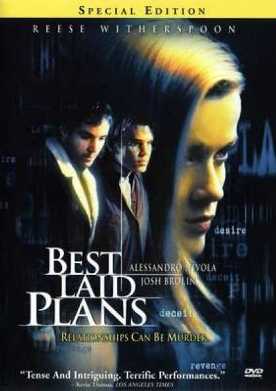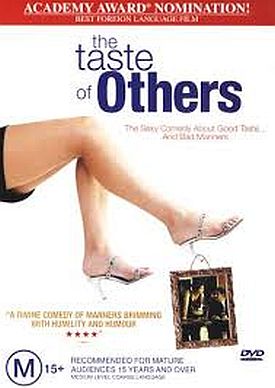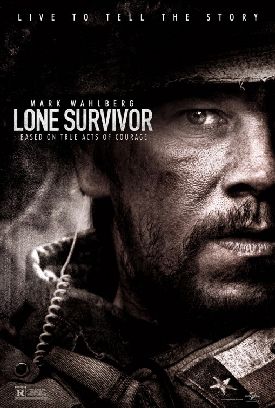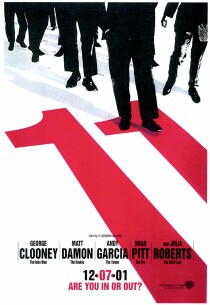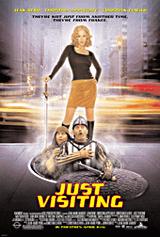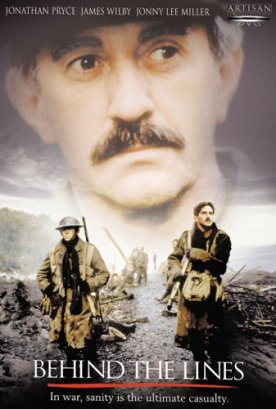Best Laid Plans
At one point in Best Laid Plans, written by Ted Griffin and directed by Mike Barker, two recent college graduates have an intellectual conversation as they to the Tropico Recycling plant, where Nick (Alessandro Nivola) works, apparently to dispose of the body of a woman Nick killed. This he had done on behalf of his friend, Bryce (Josh Brolin), who had been threatened with ruin by the woman’s charge of statutory rape. What Bryce doesn’t know is that the woman in the trunk, Lissa (Reese Witherspoon), is not really dead and is really Nick’s girlfriend. The two of them are in cahoots to work a scam on Bryce so that they can raise some money so that Nick won’t be killed by the drug dealer (Rocky Carroll) from whom he has supposedly stolen $10,000. As they drive, the Mills Brothers’ song “Glow Worm” comes on the radio. Bryce says it is about sperm. Nick replies, irritated, that “Not every thing is about f*****g, Bryce: it’s about money, power and, sometimes, spite.”
Bryce replies: “That’s history’s view; literature’s view is it’s all about f*****g.”
The irony is a nicely-calculated postmodern joke which puts us on notice that, whatever life may or may not be “about,”—and, to all appearances, both men have a claim on the truth here, the movie is actually not going to be about the debt nor the scam nor even the f*****g. In fact, it is not at all the “junior noir thriller” that Janet Maslin of the New York Times calls it, one which “seems to be playing ethical dress-up with film noir crises it can’t fully embrace” (the metaphorical chaos there suggests her confusion of thought) but a jokey animadversion on the subject of, of all things, education. In particular, it is a very smart appeal to a young adult audience in contemporary America that, because of our awful educational system, is even more afflicted than young adult audiences in other times and places with the sense of the disjunction between college and real life.
Bryce is a neophyte professor of English who confides that his job is to teach kids survey courses consisting of “everything they should have learned in high school”— and even at that “nobody reads anything.” The chairman of the department just hands out Cliffs Notes. Nick got into trouble in the first place because the cost of his undergraduate education helped to bankrupt his father, a history professor whom he had hoped to emulate. Now that the old man is dead, he has no prospect in life higher than Tropico Recycling. The scary drug dealer catechizes Nick, between threats against his life, concerning the teachings of Adam Smith.”You, m*****r-f****r, have f****d with the laws of the market; you have f****d with harmony. . .It’s all simple economics.”
But the principal role of education in the movie must be left to the discovery of those who go to see it, since there is a very clever surprise ending—as surprising in its way as that of Sixth Sense—that cannot be revealed and that ties up these seemingly discrete indications of intellectual “dabbling” (as Bryce puts it) with the intricately plotted saga of the desperate scam by a man closely pursued by thuggish and presumably murderous debt-collectors. The sudden revelation that nothing is quite as it has seemed up to this point is a real coup, and I liked very much the coda in which the only thing of real importance is suddenly seen to have been Lissa’s act of self-sacrifice in order to save Nick’s life. But, like all post-modern cleverness, the movie can’t quite persuade us that, after its unashamed trickery has robbed everything else of its seriousness, one serious thing can remain quite untouched.
Discover more from James Bowman
Subscribe to get the latest posts to your email.

